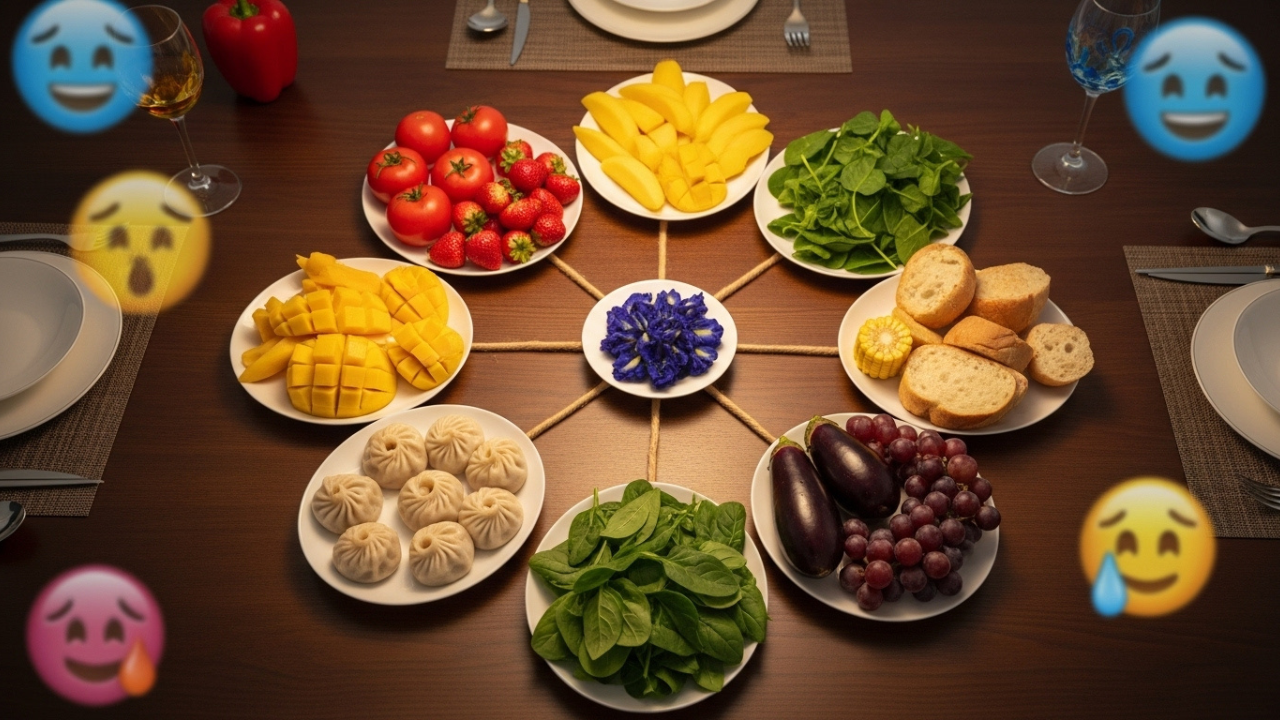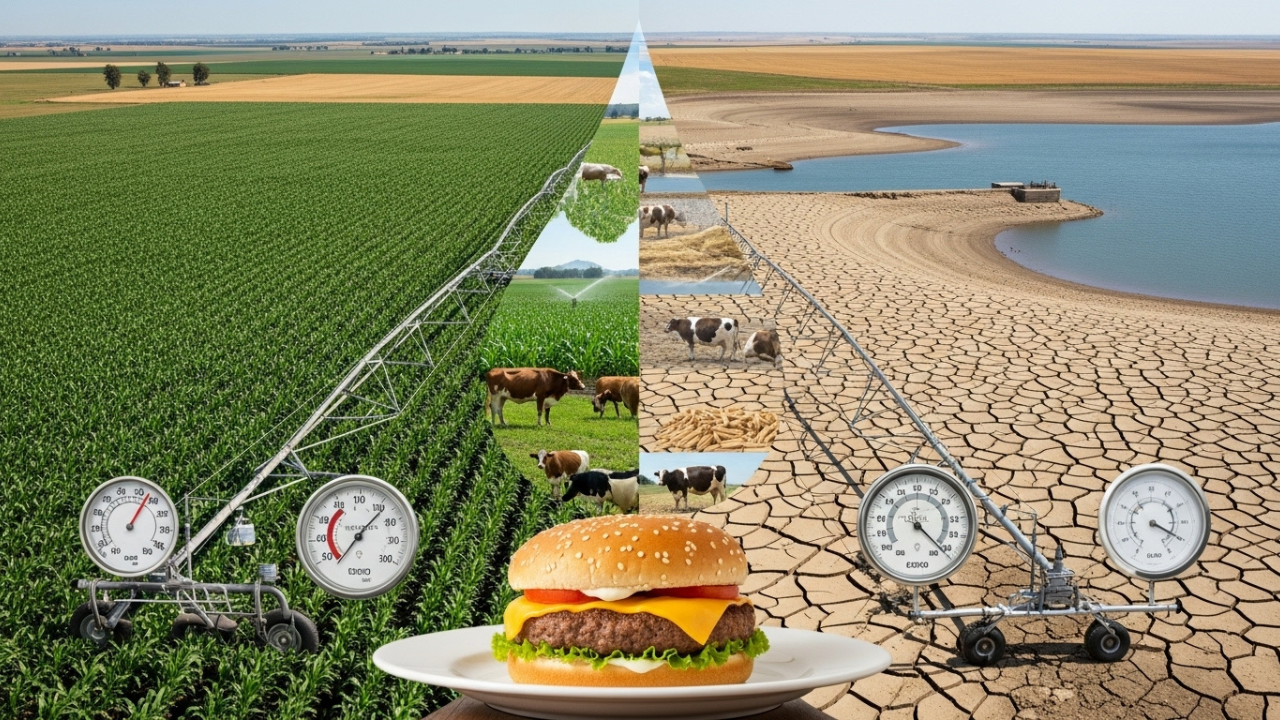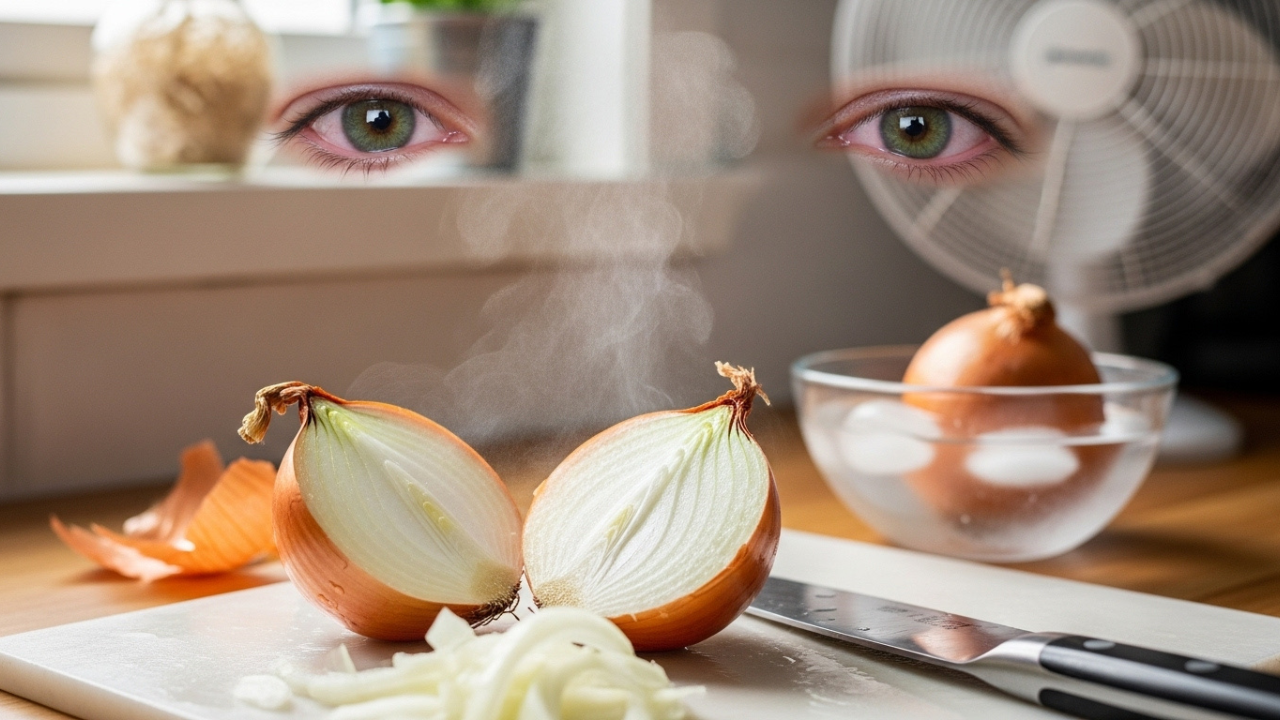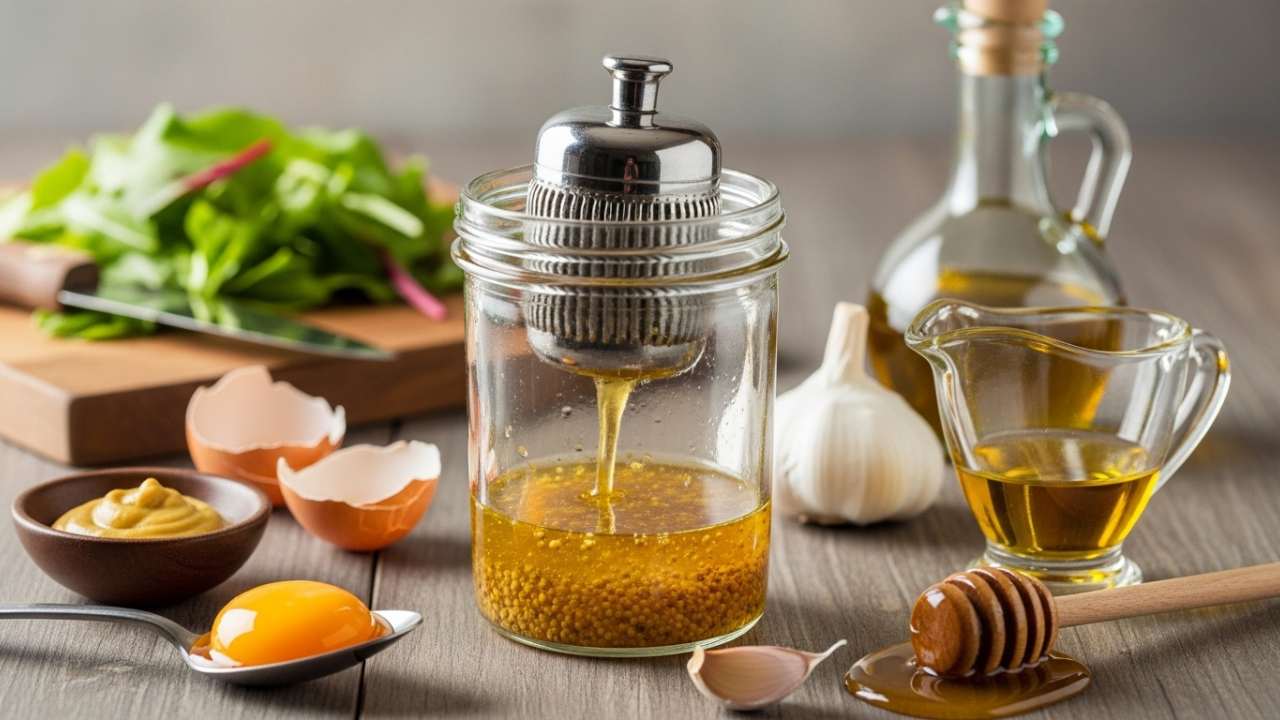There is something oddly sentimental about cutting onions, which is more than the tears they may bring.
Perhaps you have experienced this as well. You are paying attention to a specific recipe and you are well into cooking, and wham! You find yourself blinking as tears roll down your cheeks. You are not sad.
It is everything but that. Sharp Asches, in reality a strong mix of science and story that cuts us closer to the real pain.
So if you have ever asked yourself why these vegetables are able to turn you into an emotional tornado, grab a chair and let me break it down step by step so you can actually use in the kitchen and make it understandable.
It All Starts With the First Cut
When your knife cuts into that onion, things are happening that you can’t see, but your eyes surely can. Every onion has tons of microscopic cells filled with a unique mixture of substances. There is something of sussfur inside the onion, cells, which when cuts are made through those cells, bursts. Each one of those cells contains sulfur rich compounds.
Their enzymes need to be bound first in one part of the onion and then mixed. After that it is all set, enzymes are blended and everything is ready for that reaction. The piece of onion with sulfur and salt with blended enzymes will undergo a reaction. That is fast and invisible. This new piece or rather a new compound once is mixed inside the onion will undergo a reaction, however it won’t be able to stay there. Because of this, it will rise straight to the face.
With the above procedure mentioned, the on transmission of gas Onion might experience certain compound called syn- Propanethial S oxide in huge amounts. Which is OK not to remember for this portions. What’s on in the eyes is where it needs to go next.
The Science Is Real, But Your Tears Are Personal
The tears you think are exaggerated look different to your eyes. The gas released by the onion is lifted up and suspended in air and your eyes are confused and always on alert. That gas combines with the moisture in the tear film which is the protective layer on your eyes and combines with a bit of gas to yield mild sulfuric acid. Now your eyes think they are under attack so they get irritated with a feeling of pain.
Hence all the crying begins. This whole scenario is not emotional but biological. Your body intends on protecting your eyes and the easiest way to do that is to flood them with tears.
This may sound frivolous but looks serious. You start to blink more frequently and with the end goal of giving your eyes a break, looking down or squinting. All of this is triggered by uncontrollable action caused by a simple onion sitting idly on a chopping board, all of this for the sake of your body.
Why Some Onions Feel Harsher Than Others
We all know that not all onions make you cry in the same way. You may have noticed some days you can slice onions, and other days you are sobbing and retreating from the kitchen. It’s not just luck; it’s in fact the chemistry. It turns out onions have different levels of sulfur compounds and enzymes depending on how they were grown, how long they’ve been stored, what weather they experienced, and even the field where they were harvested.
For instance, yellow onions are usually more pungent than sweet ones, and red onions are even sharper. Old onions that have sitting around for too long may produce additional gas due to weakened cell walls.
Also remember that perishablity, types of onions, and their chronological order can drastically alter these results. The manner in which onions are harvested or handled before purchase can influence how aggressive the onions are while being sliced. So be prepared the next time your eyes go through agony – you could be staring at a very annoying bulb you might’ve brought home that day.
The Role Your Kitchen Plays In the Crying Game
Believe it or not, the room you are standing in makes a difference. Airflow, temperature, and even humidity from your kitchen can affect how fast all those irritating chemicals reach your eyes. Sprightly rooms enable chemicals to rise and spread better. A stagnant kitchen without a breeze keeps the gas floating around your face. That’s why chopping onions under a vent fan or by an open window helps tremendously. It provides the gas somewhere else to go.
Even your knives have a part to play. Dull knives crush more cells and as a result, release more enzymes which just makes everything worse. On the other hand, sharp blades cut cleanly and make sure everything is contained. Weirder blades mean sharper knives and that ultimately leads to a calmer cooking experience and happier eyes.
What You Can Actually Do to Stop the Tears
So, now let’s talk about the solutions. If toughing it out has been your strategy, know that there’s a better way. Simple, practical measures exist that actually do work. Oh, and one of the best of these is putting the onion in the fridge before chopping. A cold onion does slow down the enzyme reaction and limits gas release. Remember, you’re not changing the onion itself. You’re simply changing its pace of reaction to give you an advantage.
Helping the circulation of air is another proven method. Switching on the kitchen exhaust fan, or placing a small portable fan close to the cutting area can help blow the gas away from your eyes before it accumulates. That sudden brisk breezy wind makes all the difference between tears and calm. And yes, those sharp knives you have around certainly do help more than you think. Clean cuts mean less ruptured cells, and that merit fewer tear triggers wafting through the air.
Some people even swear by cutting onions under running water. That’s a little awkward unless you have the right space. Though it can help, it’s not practical at the end of the day. What works best often depends on your tolerance and your environment.
Why Some Tips Just Don’t Work
Let’s debunk some kitchen myths. Chewing gum doesn’t prevent tears while chopping onions. Some people breath in through their mouth instead of their nose, but there is no concrete science supporting that. It is more of a distraction than a solution. The same goes for putting a piece of bread in your mouth or lighting a candle nearby. They may provide comfort or a placebo effect, but if the gas is strong enough, your eyes will still tear.
The truth is if something is not changing the chemical process or air surrounding your face, it is highly unlikely to help in any reliable way. That does not mean you can’t try them, but there is a reason they are not considered the first option if one wants dependable results.
Could We One Day Chop Onions Tear-Free?
This may seem hard to believe, but scientists have put their minds to solving this problem for many years. In some areas, breeders have developed onion types that emit considerably lower amounts of the gas that can cause tears to flow. These so-called “tearless” or “low-lachrymatory” onions are currently available in certain supermarkets, but only in small quantities. They are not genetically modified. Rather, they are selectively bred through traditional farming methods that choose to retain the onions which release minimal quantities of the irritating gas.
Do you think they could replace regular onions in the future? Maybe. But adoption takes time. Farmers need to cultivate them, stores need to sell them, and consumers need to tolerate their slightly different flavor or shelf life. At this rate, one may be able to find a packet of onions that says “no tears guaranteed”.
Finding Peace With the Onion’s Bite
Cooking is caring. Like any art form, it has its struggles. The tears that onions cause, for example, are one of those cross-border hardships that unite people. No matter if you’re an advanced home chef or just starting out, that pleasant sensation-of-an-onion-stinging chuckle is something everyone faces sooner or later. Understanding the ‘why’ and the ‘how’ when it comes to avoiding those stings can drastically change one’s perception.
You don’t need to suffer in silence. There’s plenty you can do to help ease the sting, and you don’t have to endure it every time you venture into the culinary world. By changing a few things in your tools and your space, peace can be brought back into the kitchen, and who knows, enjoy the cooking process just as much as the dish itself.
My Opinion
You now know as well the truth, not only feeling. Onions make you cry not because they are “mean”, but because they are made that way. Their defense mechanism wasn’t designed to harm you, but to protect them. Your eyes react regardless. The minute the knife cuts through the first layer, the reaction begins. Enzymes segregate; sulfur gas rises. Tears stream down the eyes. But with a little knowledge and few tweaks, control can be gained back.
It’s the same with children, isn’t it? Sometimes they just refuse to listen. The truth is, you won’t win every battle. Some onions will still be onions. But the next time you catch yourself blinking mid-blink in a meal prep trance, you will know what is going on—what to do about it. And, that’s what counts.



























Leave a Reply